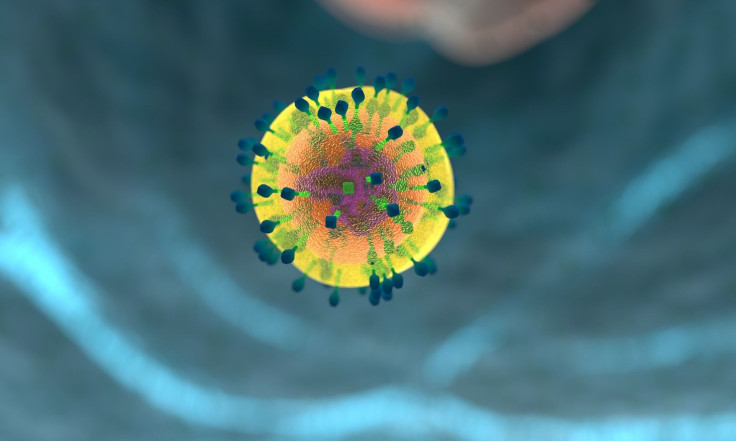New HIV Treatment Uses Antibodies To Fight Infection For Up To 9 Weeks After Ending Antiretroviral Drug Use

HIV is one of the few health problems even 21st century medicine has a hard time taking out. We’re pretty sure about how to prevent it, but once you’re infected, antiretroviral drugs are your only option. These do a decent job at suppressing the virus, but if a patient were to stop taking their medication, the infection takes only 18 days to flare up again, according to the Los Angeles Times. This is less than ideal, of course, and researchers have been working on new ways to keep the virus at bay. One of the most promising is a human antibody capable of harnessing the immune system, and it was recently proven to be effective at suppressing HIV without daily drugs.
In a recent clinical trial, researchers infused HIV-positive patients with the antibody 3BNC117. All of these patients had previously discontinued their antiretroviral regimen, and without the antibody, would have been expected to experience a bounce back to dangerous levels of the virus — known as a viral load. Detailing the experiment results in Nature, the scientists reported that all 13 patients involved in the trial saw a “delay in viral rebound for five to nine weeks.” Six of the 13 patients kept a low viral load for nine weeks or more — three times the normal rebound rate.
None of the participants suffered from acute retroviral syndrome — an intense, flu-like illness that signals a resurgence of the virus after a medication lapse. This was important, because the syndrome is capable of disrupting future attempts to control HIV.
This is a step forward for the antibody treatment, and all experimental HIV treatments. Scientists have been coming together for a broad initiative to find new ways to control, and even kill HIV, which affects nearly 40 million people worldwide. Though they’re inexpensive and highly effective at suppressing replication, antiretroviral drugs sometimes have unintended consequences. For example, certain variations of HIV can hide from and escape the drugs, and they can launch into powerful, dangerous overproduction if the patient lapses in their medication. Just like that, the infection will be back in full force, and possibly more resistant to drugs than before.
Study co-author Dr. Michel Nussenzweig explained that using antibodies to take out HIV is part of a “kick and kill” strategy. This entails flushing the virus out of its hiding places — which occurs when a patient ceases antiretroviral intake — then sending the antibody in for the kill. The antibodies mark which cells have been taken over for HIV production so that the immune system can destroy them.
Many scientists believe immunotherapy is the way to go about managing HIV, and increasing research has delved into these therapies, which are both highly effective and convenient when compared to an intense daily pill regimen. But could antibodies be the cure for HIV?
“That’s a very high bar,” Nussenzweig told the LA Times. Driving out the virus completely would require a combination of many different antibodies, he said, in addition to engineering antibodies specifically primed for HIV destruction. Antibodies could, however, be used to protect those who have not yet been infected against HIV in the short-term. In primate experiments, a 3BNC117 injection protected subjects against the virus for 23 weeks.
“In my dreams,” Nussenzweig said, “it’s like a flu shot. You give it once a year.”
Source: Scheid J, Horwitz J, Bar-On Y, Kreider E, Lu C, Lorenzi J, et al. HIV-1 Antibody 3BNC117 Suppresses Viral Rebound in Humans During Treatment Interruption. Nature. 2016.
Published by Medicaldaily.com



























